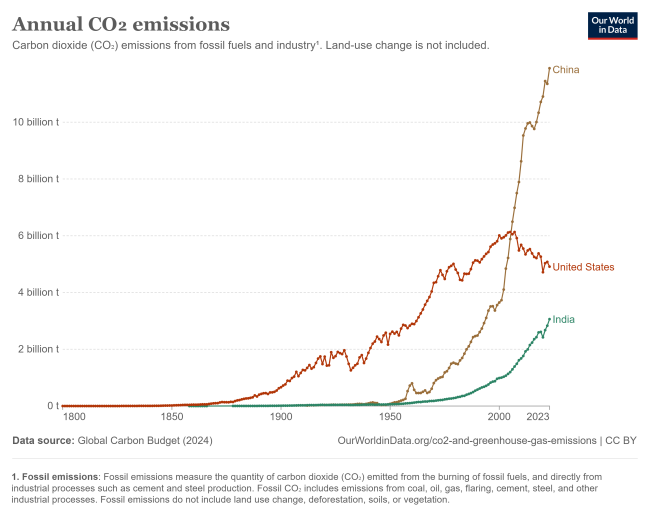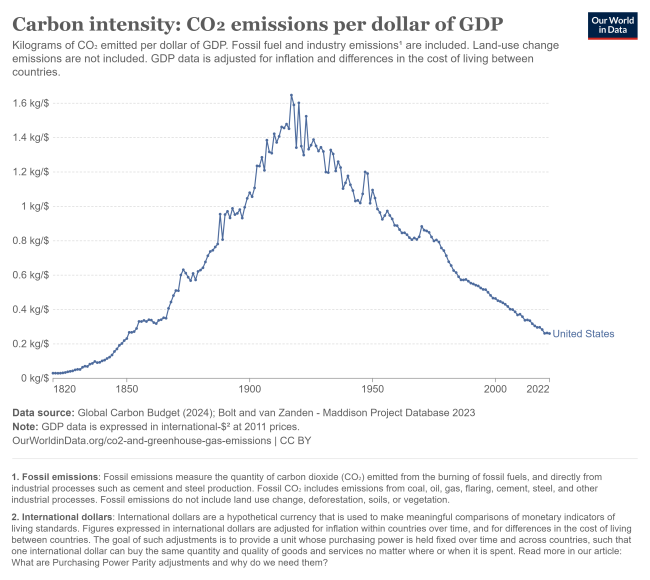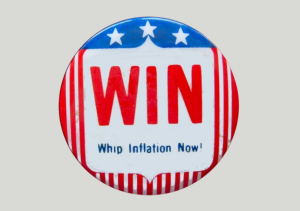Government Incentives Example -- Why Did We Have COVID Interventions That Were Known Not to Work?
Kevin Roche, who has done a good job of separating fact from crazy through all of the COVID years, writes:
Lockdowns, school closures, forced masking, plastic barriers, etc. during the epidemic were euphemistically referred to as non-pharmaceutical interventions. They might better have been referred to as non-effective interventions. Five years later, the mainstream media is finally taking notice of this lack of effectiveness and stories like this one in the Boston Globe are appearing. (“New Research Shows COVID Stay-at-Home Orders Did More Harm Than Good”) Anyone who wasn’t inclined to panic knew this at the time of the epidemic. I knew it, I published ads about the harms and the lack of benefits, wrote columns. Anyone like me who took this position was pilloried as a grandma killing, heartless idiot. Now five years later everyone is saying these steps were irrational, taken out of fear and panic, and all the negative impacts were not considered.
I am going to use this thought as an opportunity to further my previous discussions of organizational incentives and how they help explain government behavior. The following is built on my essay on the topic on August 3, 2021.
Incentives of Government Agencies
Most of the studies and planning among public health researchers and officials in the decades before 2020 came to the conclusion that public masking and lockdowns were both ineffective and largely counter-productive (the 6-foot social distancing rule was so weak it had not even really been studied -- it was a totally made up thing). The CDC's own website had (still has) an infographic that the general run of masks were ineffective and stopping disease inhalation. Meta studies generally concluded lockdowns were counterproductive.
But within weeks of the start of the pandemic in 2020, government agencies like the CDC threw out all this history and all their prior plans and decided to mandate masks and lockdowns. Masks were mandated for people outdoors, even when we knew from the start that transmission risks outdoors were nil. In late 2021, officials were still mandating masks for children, who have lower death rates from COVID than the flu and despite a lot of clear research about the importance of facial expressions in childhood development and socialization. Millions of kids had to stay home from school, some for years, with disastrous affects on their learning (and probably socialization). So why?
One needs to remember that the officials of government agencies like the CDC are not active scientists, they are government bureaucrats. They may have had a degree in science at one time and still receive some scientific journals, but so do I. Dr. Fauci has seen about the same number of patients over the last 40 years as Dr. Biden. These are government officials that think like government officials and have the incentives of government officials.
I will take the CDC as an example but the following could apply to any related agency. Remember that the CDC has been around for decades, consuming billions of dollars of years of tax money. And as far as the average American is concerned, the CDC has never done much (at least visibly) as we never have had any sort of public health emergency when the CDC had to roll into action.
If you think this unfair, consider that the CDC itself had previously recognized this problem. For years they had been trying to expand their mandate to things like gun control and racism, trying to argue that these constitute public health emergencies and thus require the CDC's active participation. The CDC had for years been actively looking for a publicly-visible role (as opposed to research coordination and planning and preparation and such) that would increase their recognition, prestige, and budget.
So that is the backdrop. And boom - finally! - there is a public health emergency where they can roll into action. They see this new and potentially scary respiratory virus, they check their plans on the shelf, and those plans basically say ... there is nothing much to be done, at least in the near term. Ugh! How are they going to justify their existence? Tellingly, by the way, these agencies and folks like Fauci did follow a lot of the prior science in the opening weeks of the pandemic -- for example they discouraged mask wearing. Later Fauci justified his flip flop by claiming he meant the statement as a way to protect mask supply for health care workers, but I actually think that was a lie. His initial statements on masks were correct, but government agencies decided they did not like the signal of impotence this was sending.
There was actually plenty these agencies should have been doing, but none of those things looked like immediate things to make the public feel safer. Agencies should have been:
- Trying to catalog COVID behavior and characteristics
- Developing tests
- Identifying and testing treatment protocols
- Slashing regulations vis a vis tests and other treatments and protective gear so they could be approved faster
- Developing a vaccine
If we score these things, #1 was sort of done though with a lot of exaggerated and inaccurate messaging. #2 the CDC and FDA totally screwed up. #3 barely happened, with promising treatments politicized and ignored. #4 totally did not happen, no one even tried. #5 delivered a vaccine but with over-hyped results and foreshortened testing that has since had the devastating impact of reducing confidence in other, better vaccines.
Instead, the CDC and other agencies decided they had to do something that seemed like it was immediately affecting safety, so it reversed both years of research and several weeks of their own messaging and came down hard for masks and lockdowns. And, given the nature of government incentives, they had to stick with it right up to today, because an admission today that these NPI aren't needed risks having all their activity in 2020 questioned.
Incentives for Government Officials
Pretty much all of the above also applies to the incentives of government officials. Our elected officials of both parties, but particularly the Democrats, have been working for decades to have the average American think of them as super-dad. Got a problem? Don't spend too much time trying to solve it yourself because it's the government's job to do so. Against this background, the option to do nothing, at least nothing with immediate and dramatic apparent potency, did not exist. "They had to do "something."
It might have been possible for some officials to resist this temptation of action for action's sake, except for a second incentive. Once one prominent official requires masks and lockdowns, the media began creating pressure on all other government officials. New York has locked down, why haven't you? Does New York care more than you? We had a cascade, where each official who adopted these NPI added to the pressure on all the others to do so. Further, as this NPI became the standard government intervention, the media began to blame deaths in states with fewer interventions on that state's leaders. Florida had far fewer COVID deaths, particularly given their age demographics, than New York but in the media the NY leaders were angels and the Florida ones were butchers. For a brief time terrible rushed "studies" were created to prove that these interventions were working, generally by the dishonest tactic of cherry-picking a state with NPI mandates that was not in its seasonal disease peak and comparing it to another state without NPI mandates that was in the heart of its seasonal peak.
The other positive feedback loop was that at the same time, the public health leaders issuing these needless mandates were lionized as heroes. Fauci was smothered in positive press and numerous non-profits and universities lined up to hand him both scientific and ethics awards.
And then the whole thing got polarized around party affiliation and any last vestige of scientific thinking got thrown to the curb. Take Chloroquine as a possible treatment protocol. Personally, I never saw much evidence in its favor but early in 2020 we did not know yet one way or another and there were some reasons to think it might be promising. And then Donald Trump mentioned it. After that we had the spectacle of the Michigan Governor banning this treatment absolutely without evidence solely because Trump had touted it on pretty limited evidence. What a freaking mess. In addition to giving us all a really beautiful view of the hypocrisy of politicians, it also added another great lie to the standard list. To "The check is in the mail" and "I will respect you in the morning" is now added "We are following the science."
Postscript: Incentives for the Public
I won't dwell on this too long, but one thing COVID has made clear to me is that a LOT of people are looking for the world to provide them with drama and meaning. The degree to which many folks (mostly all well-off white professionals and their families) seem to have enthusiastically embraced COVID restrictions and been reluctant to give them up has just been an amazing eye-opener for me.













